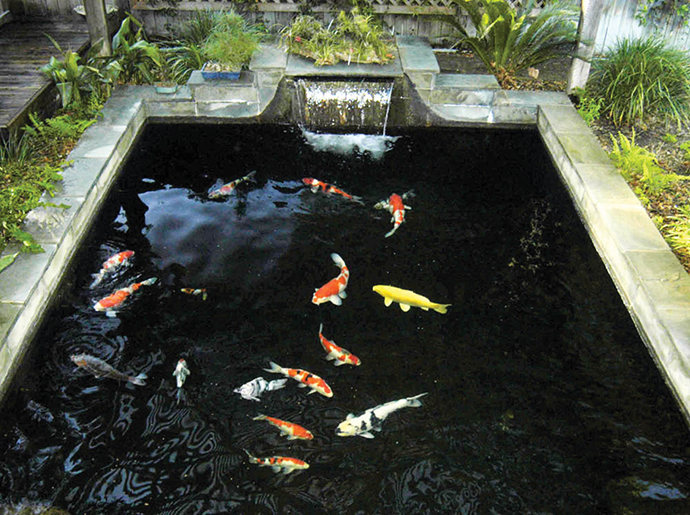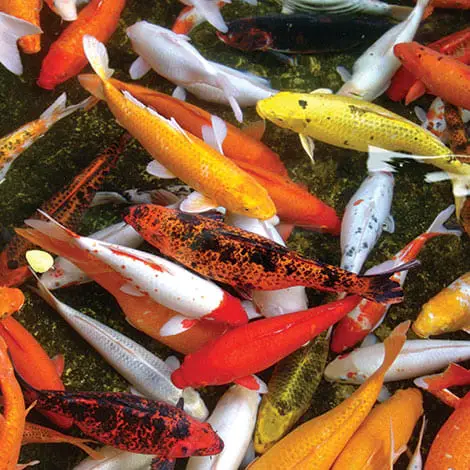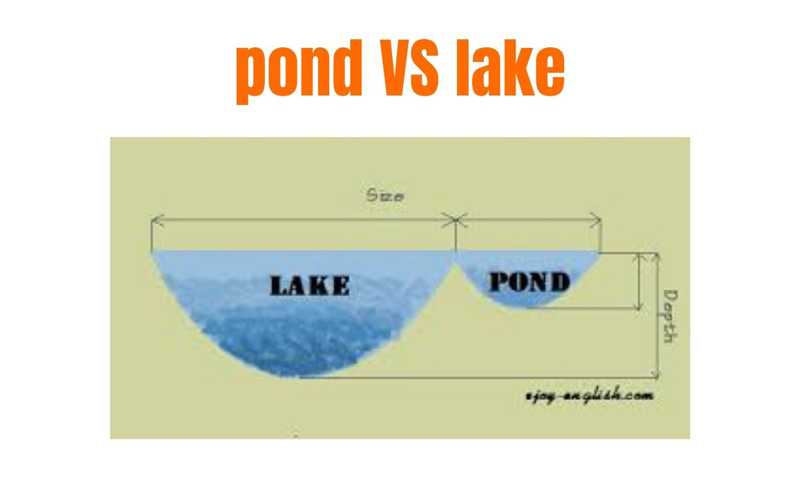When it comes to creating a harmonious and thriving koi pond, one of the most common questions that pond owners have is “How many koi can I have in my pond?” This is an important consideration as the number of koi in your pond directly impacts their health, the pond’s ecosystem, and overall water quality. Let’s explore this topic in detail to help you make informed decisions about the stocking levels for your koi pond.

Credit: www.damascusenterprises.com
Factors to Consider
Several factors should be taken into account when determining the appropriate number of koi for your pond:
- Pond Size: The size of your pond is a critical factor in determining the number of koi it can support. A larger pond can accommodate more koi while maintaining water quality and providing ample space for the fish to thrive.
- Filtration and Aeration: The efficiency of your pond’s filtration and aeration systems directly influences the pond’s ability to support a larger population of koi. Proper filtration and aeration are essential for maintaining water quality and supporting the oxygen needs of the fish.
- Koi Size: The size of your koi also plays a role in determining stocking levels. Larger koi require more space and produce a greater biological load compared to smaller fish.
Stocking Guidelines
While there are no hard and fast rules for stocking koi in a pond, there are some general guidelines that can help you make an informed decision:
| Pond Size | Maximum Koi Population |
|---|---|
| 1000 gallons | 5-10 koi |
| 2000 gallons | 10-20 koi |
| 5000 gallons | 25-50 koi |
These guidelines provide a starting point for determining the maximum koi population based on pond size. It’s important to consider the other factors mentioned earlier and observe the behavior and health of your koi to ensure they are thriving in their environment.
Monitoring and Observation
Regular monitoring and observation of your koi and pond conditions are essential for ensuring that the stocking levels are appropriate. Signs of overstocking may include poor water quality, stressed or lethargic fish, and increased algae growth. If you notice these signs, it may be necessary to reduce the koi population or upgrade your pond’s filtration and aeration systems.

Credit: www.pondtrademag.com
Final Thoughts
Ultimately, the number of koi you can have in your pond depends on various factors, and there is no one-size-fits-all answer. By considering the size of your pond, the efficiency of your filtration and aeration systems, and the size of your koi, you can make informed decisions about stocking levels to create a healthy and balanced ecosystem for your koi. Remember to prioritize the well-being of your fish and the overall health of your pond when making stocking decisions.


